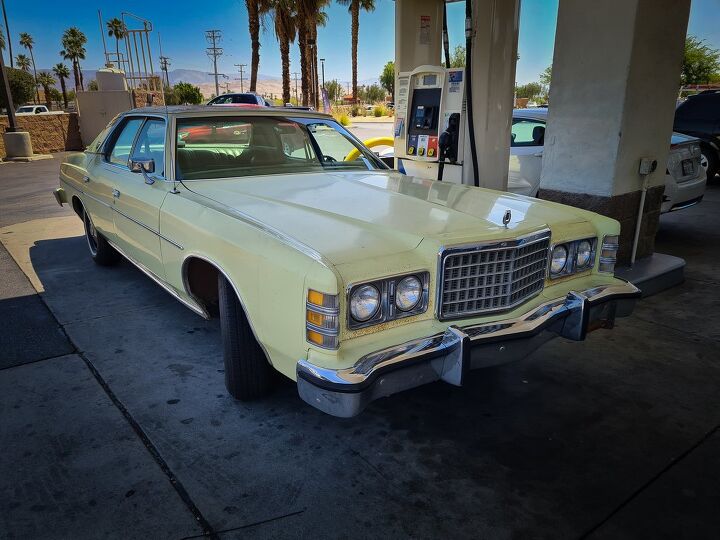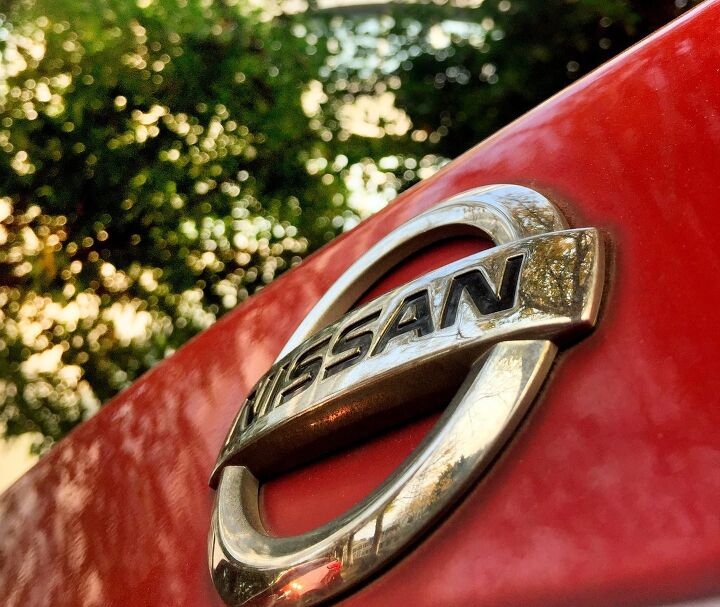#bureaucracy
The Great Pacific Coast Road Trip
The Big Idea
When one’s employer tells you that you are required to go to San Diego, California for a company event I guess most people’s reaction would be “hey, I hear they have a great zoo there”.
I suspect I am slightly an outlier in that my first thought was “I should buy an old car and drive up the Pacific Coast Highway and consign the car with a shipping agent to transport it home”.
Nissan Back On Track in Japan, Resumes Vehicle Production
Nissan is resuming production at five of its domestic plants this Tuesday after Japan’s transport ministry finally approved changes to the improper final-inspection procedures that forced a major vehicle recall in October. The issue involved final checks being conducted by uncertified technicians, a procedure only mandated for vehicles sold within the brand’s home country of Japan. Exported vehicles aren’t subjected to it and, so far as we know, didn’t have any problems for having forgone the inspection.
However, JDM production has been suspended since October 19th and Nissan has scrambled to recall 1.2 million vehicles after being required to re-inspect everything built for the Japanese market over the last three years. That’s a large penalty for what amounts to little more than having the wrong guy eyeball a car as it rolls off the assembly line.
Question: What Is Your Most Kafkaesque Car-Registration Experience?
As I gather parts for my 1941 Plymouth sedan road-racer project, I’ve also been slogging my way through the bureaucratic obstacle course that is registering a title-less car that spent 45 years sitting in a Colorado high desert field. I’ve lived in three states during my car-owning years: California, Georgia, and Colorado. Each is what I call a Front License Plate State (FLPS), meaning car-registration procedures are less informal than what you get in states that issue only rear license plates, and so my car-registering experience features many episodes that might have been scripted by this guy. In a FLPS, you will find yourself shunted down numerous tail-chasing infinite loops when attempting to, say, get license plates for a ’58 DKW on a ’70 Ford Courier frame that you bought from a mysterious out-of-state guy who then became the Antarctic Consul for Lesotho. My search for a ’41 Plymouth title has (so far) involved a title search, a lien search, a certified VIN verification (not to be confused with a regular VIN verification; the certified type may be performed only at the office of one of four authorized police departments in Colorado), an appraisal by a registered Colorado car dealer, a surety bond for twice the appraised value, and a dozen lengthy trips to my local DMV… and, compared to some of my California experiences, this is easy. How about you?


















Recent Comments